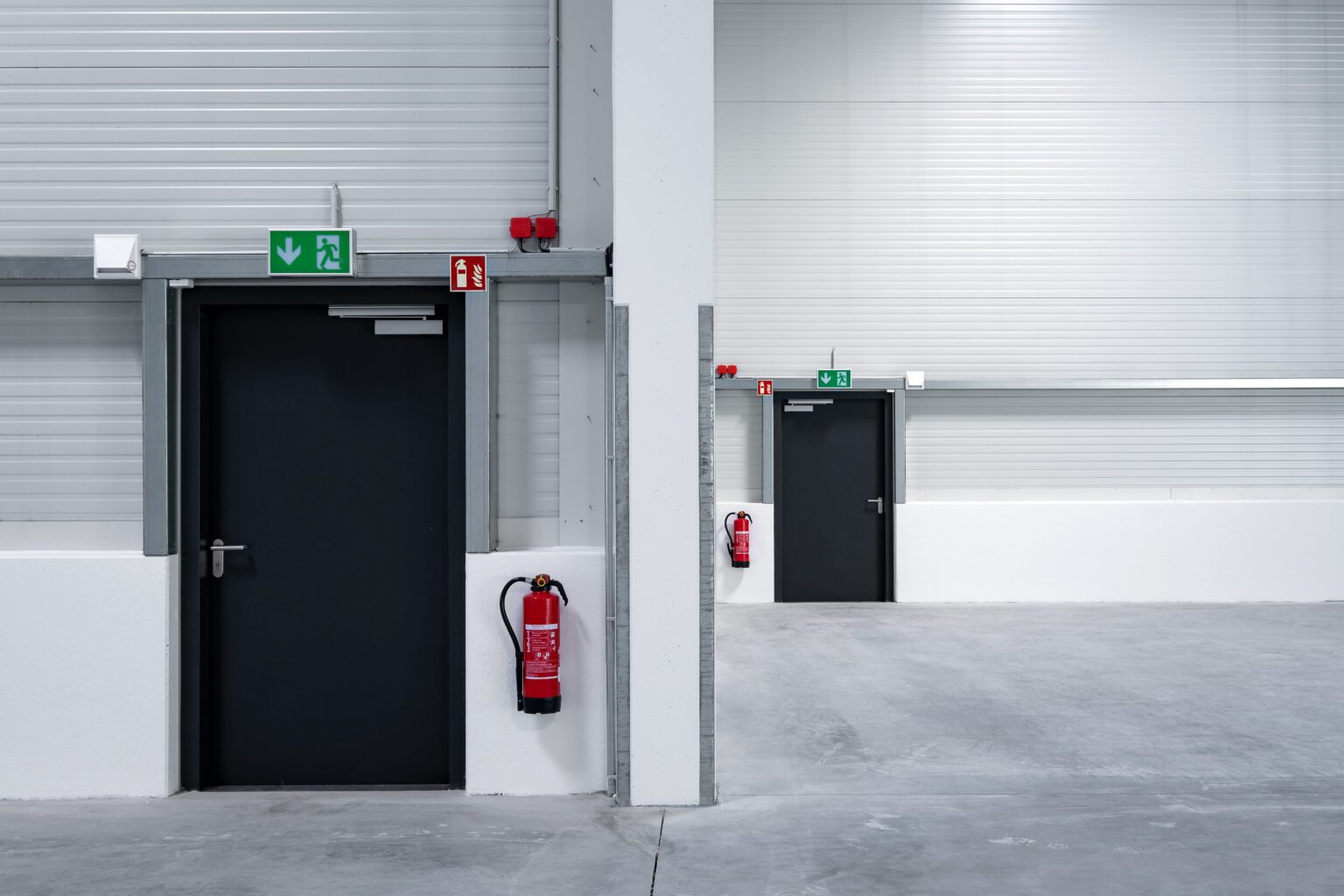Various measures can be taken to prevent fires.
Some of the most important measures are listed below:
Install smoke alarms
Smoke detectors can save lives by sounding the alarm at an early stage in the event of a fire. Smoke alarms can save lives, as they sound the alarm at an early stage in the event of a fire. Since the 1. April 2013 all new buildings and detached and semi-detached houses in NRW must be fitted with smoke alarms. There was initially a transitional period for existing buildings, but from 31 December 2016, smoke alarms will also be mandatory for these. The state building regulations regulate dates and deadlines as well as some details on installation and maintenance.
Check electrical devices and installations regularly
Overloaded circuits, defective cables and faulty electrical appliances can cause fires. Regular inspections by professional service providers can help to minimise such risks. In addition, special regulations apply to workplaces. The following regulations must be observed and the guidelines contained therein must be followed:
Ordinance on Industrial Safety and Health 2015 (BetrSichV 2015) § 3 Risk assessment
VdS 2000 (guidelines for fire protection in the workplace)
VdS 2015 (electrical devices and systems)
VdS 2046 (safety regulations for electrical systems up to 1000 volts)
VDE 0105-100:2015-10 (Operation of electrical installations)
Handle naked flames with care
Candles, open fires and barbecues are potential sources of fire and should be handled with care. Open fires should never be left unattended.
Clean and maintain kitchen appliances regularly
Overheated cookers, ovens or deep fryers can cause fires, especially if fat or oil comes into contact with hot surfaces. Regular cleaning and maintenance can help to minimise such risks.
Store and handle chemicals safely
Chemicals such as solvents, paints or cleaning agents can be flammable and cause fires if handled incorrectly. They should be stored safely and only handled by trained personnel.
Maintain heating systems regularly
Faulty heaters, fireplaces or stoves can cause fires, especially if they are not regularly maintained. Regular maintenance by a specialist company can help to minimise such risks.
Minimise the fire load
The amount of combustible material in buildings should be kept as low as possible. This can be ensured by regularly clearing up and removing rubbish and unnecessary items.
Keep escape routes clear
Escape routes should always be kept clear of obstacles so that they can be evacuated quickly and safely in an emergency.
Carry out fire safety instructions and training
Everyone should be informed about fire hazards and the correct behaviour in the event of a fire. Regular fire safety instruction and training can help to raise awareness of fire hazards.
Fires can break out and spread quickly and pose a great danger to human life and property. If you are aware of the different fire classes and fire hazards and take suitable preventive measures, fires can be avoided or, in an emergency, fought quickly and effectively. It is therefore important to be informed about the various fire classes and fire hazards and to take appropriate precautions.
